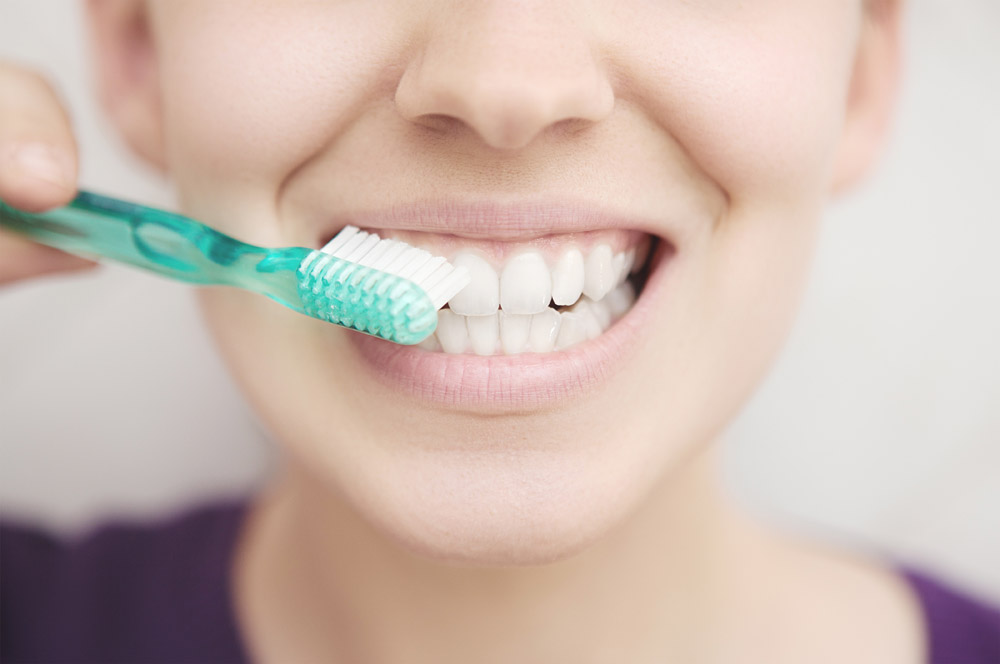
There are countless tooth brushing options out there. So how do you choose? Today will discuss briefly what’s out there on the market today and hopefully after reading this you will determine exactly what tooth brushing option is best for you.
First, understanding the differences between bristles is fundamentally important.
Hard Bristles
Hard-bristled or extra firm toothbrushes are now disappearing in stores. Although they are great at removing food debris and plaque, they are not recommended by dental professionals for they believed it will cause more harm than good.
Hard-bristled toothbrushes can hurt the gums and may cause them to erode, especially if too much pressure is used when brushing. It can also damage tooth enamel, especially when you also used an abrasive toothpaste.
Medium Bristles
Medium-bristled toothbrushes fall somewhere between soft and hard bristles. They are firm enough to eliminate food debris, but soft enough to be gentle on tooth enamel.
Soft Bristles
Soft bristles are most often recommended by Dentists since they’re gentle on the gums and won’t damage the tooth enamel. However, if you don't thoroughly brush your teeth, it won't be that effective in removing away all the plaque and food debris.
You can also see extra soft toothbrushes that are displayed in the market and are recommended in some situations. They are suitable for those with delicate gums or enamel. There are cases wherein an extra soft bristle is recommended after a dental procedure.
How to Choose the Best Toothbrush to Use
Deciding which bristle to choose can be an overwhelming experience. But the major decision comes down to soft versus medium bristles.
The type of toothbrush you are using can impact your bristle choice. A manual or electric toothbrush has its advantages; however, your preference could influence the type of bristles you want.
When using a manual toothbrush, a medium bristle is recommended to thoroughly get rid of more plaque and food debris. Just be careful of the amount of pressure you use.
When using an electric toothbrush, you probably may want to pair it with soft bristles. Since the toothbrush will mostly do the work, it can protect the gums and enamel without compromising the elimination of food debris and plaque.
Moreover, also consider the size of the toothbrush head and comfort of the handle. Too large head may not thoroughly cover all the teeth surface. Also, handles that are too large or small may be uncomfortable to use and may affect your efficiency when brushing.
For more dental tips, contact Oyster Point Dentistry.





